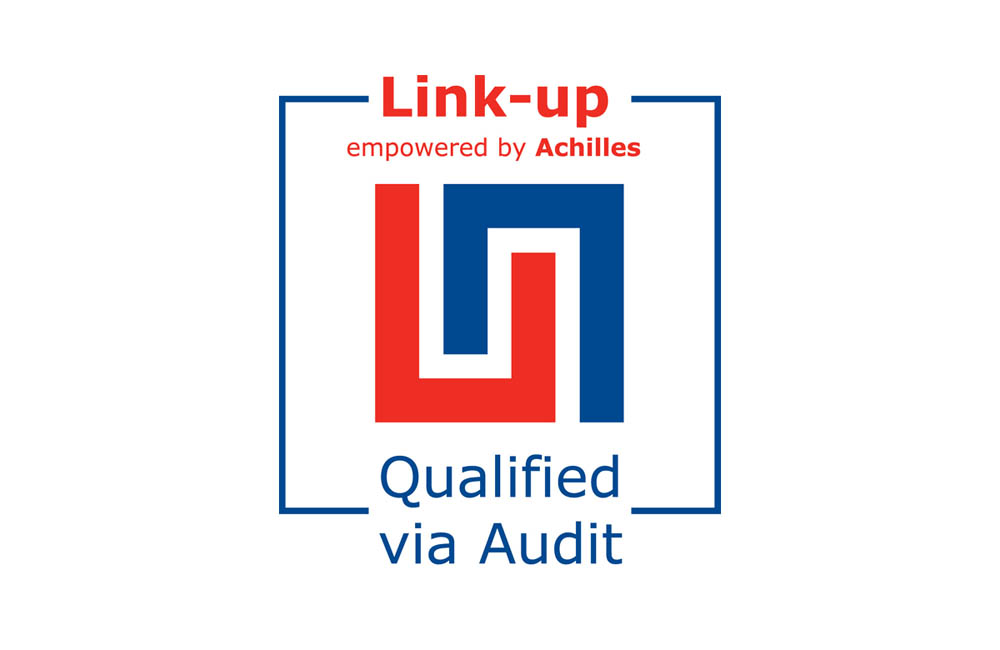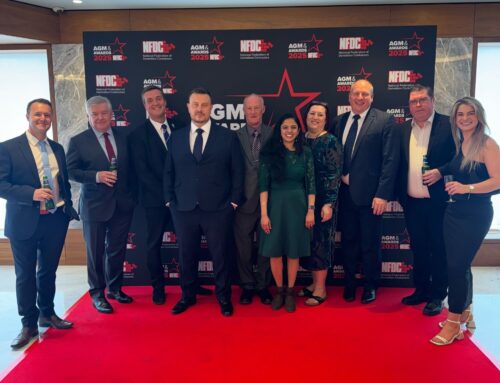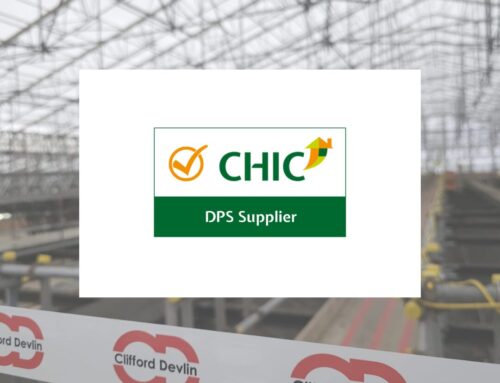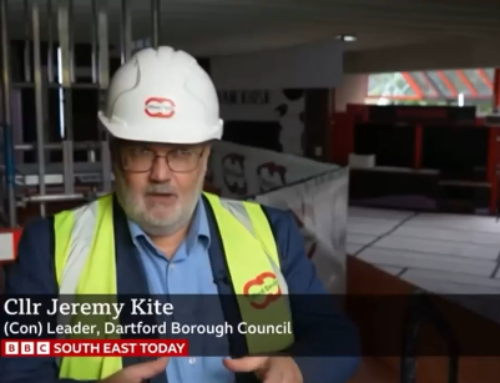9 June 2009
Specialist demolition firm, Clifford Devlin, has achieved accreditation to version 2 of the rail industry standard Link-Up. This means it is now able to tender for trackside demolition projects involving, among others, the following disciplines:
- Asbestos removal
- Bridges and structures
- Car parks and roadways
- Foundations and piles
- Paving and landscaping
- Timber and metallic structures
Link-up is the UK rail industry supplier registration and qualification scheme which was introduced in the late 1990s to provide a single common qualification process for suppliers that is shared by Network Rail and over 80 rail organizations. The scheme reflects the additional rigour required for work carried out in the vicinity of rail lines which requires a high standard of health and safety and environmental considerations.
Version 2 has been introduced to provide greater diligence into to the accreditation process. Applicants for Version 2 are now asked questions both in the questionnaire and during the Proof Audit that are more customised to their precise capabilities explains Clifford Devlin’s HSQE Manager Iain Kirk:
“Suppliers now have to demonstrate that they have management systems equivalent to ISO 9001, 14001 and OHSAS 18001 for individual categories of disciplines,” he says, “Buyers and clients using Link-up can now determine a supplier or contractors precise capabilities which should significantly reduce the time and effort traditionally spent in sourcing contractors.”
The accreditation followed an audit of the Company’s management systems in January 2009. Clifford Devlin’s supplier code is 24121.
London-based Clifford Devlin specialises in delivering logistically difficult, complex, demolition projects which present challenges that arise from restricted working area and the proximity of sensitive receptors.
The company has been involved in a number of high-profile rail-related projects. It recently completed the demolition phase of an office block above Tower Hill Underground station which required the installation of waterproofing and a steel protection deck to protect the ticket office which remained open to the public throughout.









